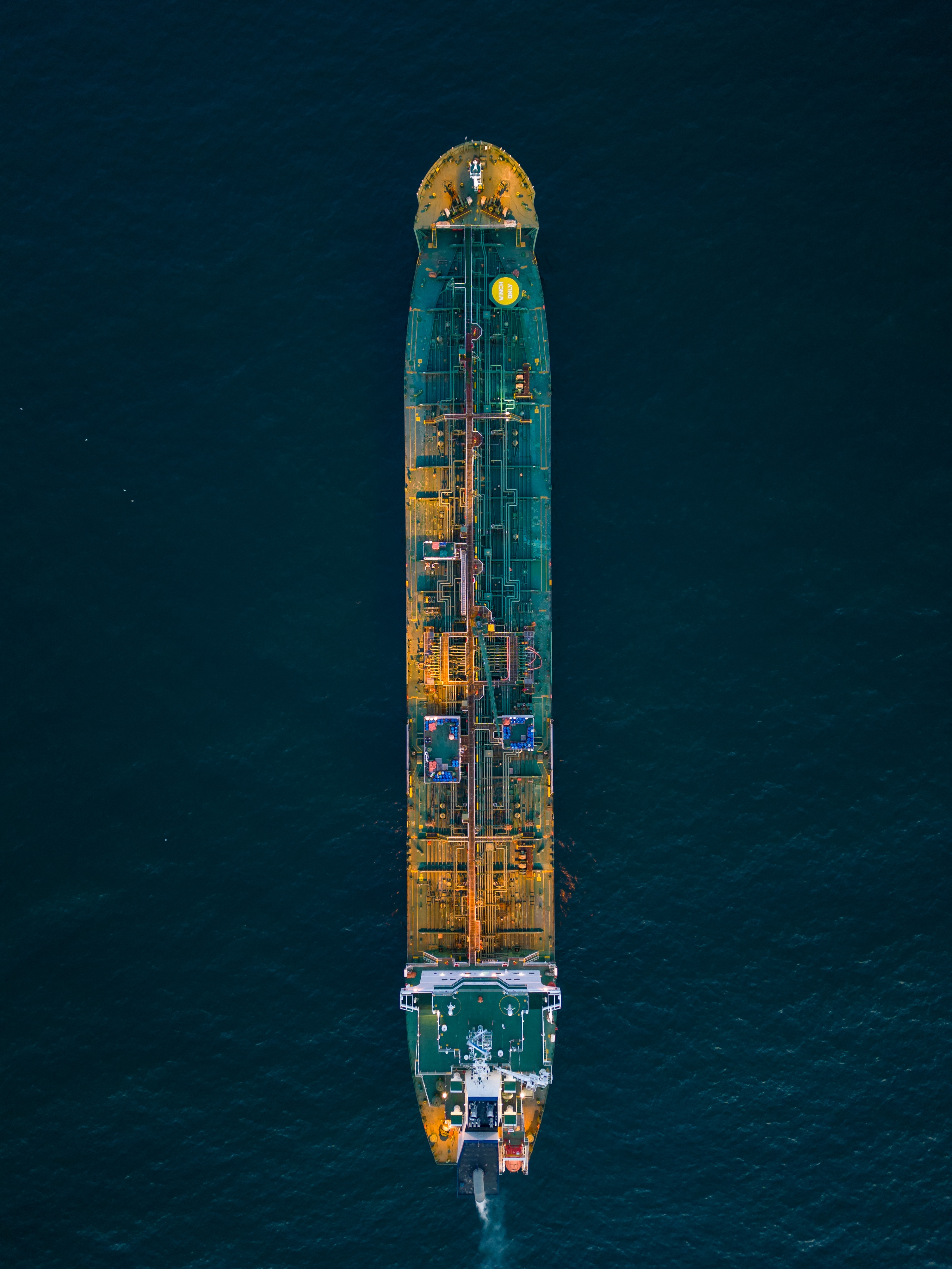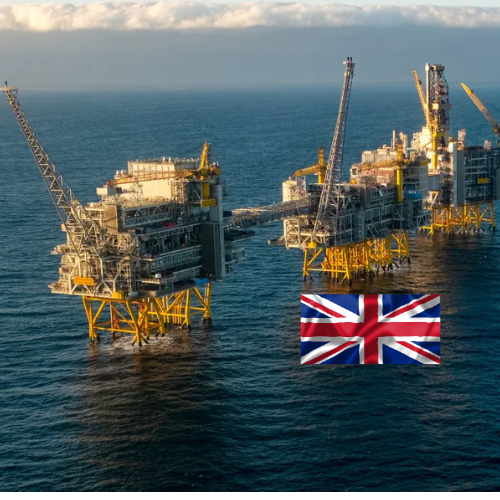This week, Member States of the International Maritime Organization (IMO) convened at the Marine Environment Protection Committee (MEPC 80) and adopted the 2023 IMO Strategy on Reduction of Greenhouse Gas (GHG) Emissions from Ships (click here for IMO strategy document).
The 2023 IMO Strategy reiterates the organization's commitment to reducing greenhouse gas emissions from international shipping. It emphasizes the urgency of phasing out these emissions while advocating for a just and equitable transition.
Enhanced Levels of Ambition
The revised strategy outlines four levels of ambition to guide the reduction of GHG emissions from ships:
- Improving Energy Efficiency: The strategy aims to further enhance the energy efficiency of new ships by reviewing and strengthening the energy efficiency design requirements.
- Declining Carbon Intensity: By 2030, the strategy aims to reduce CO2 emissions per transport work by at least 40% compared to 2008 levels across international shipping.
- Increased Adoption of Zero or Near-Zero GHG Fuels: The strategy targets an uptake of zero or near-zero GHG emission technologies, fuels, or energy sources, aiming to represent at least 5% (striving for 10%) of the energy used by international shipping by 2030.
- Achieving Net-Zero GHG Emissions: The strategy seeks to peak GHG emissions from international shipping as soon as possible, reach net-zero emissions close to 2050, and ultimately phase them out in line with the Paris Agreement's long-term temperature goals.
Indicative Checkpoints and Candidate Measures
To monitor progress towards net-zero GHG emissions, the strategy introduces indicative checkpoints:
- By 2030, aim to reduce total annual GHG emissions from international shipping by at least 20% (striving for 30%) compared to 2008 levels.
- By 2040, strive to reduce total annual GHG emissions from international shipping by at least 70% (striving for 80%) compared to 2008 levels.
The Way Forward
The 2023 IMO Strategy outlines a timeline for further actions:
- MEPC 81 (Spring 2024): Interim report on a comprehensive impact assessment of candidate mid-term measures and finalization of the basket of measures.
- MEPC 82 (Autumn 2024): Finalized report on a comprehensive impact assessment of candidate mid-term measures.
- MEPC 83 (Spring 2025): Review of short-term measures to be completed by 1 January, 2026.
- MEPC 84 (Spring 2026): Approval of measures and review of short-term measures, such as the Energy Efficiency Existing Ship Index (EEXI) and Carbon Intensity Indicator (CII), to be completed by January 1, 2026.
- Extraordinary MEPC (Autumn 2025): Adoption of measures six months after MEPC 83.
Those firms who either own or work with shipping operators should read this document in further detail given the implications for current shipping operating models.


